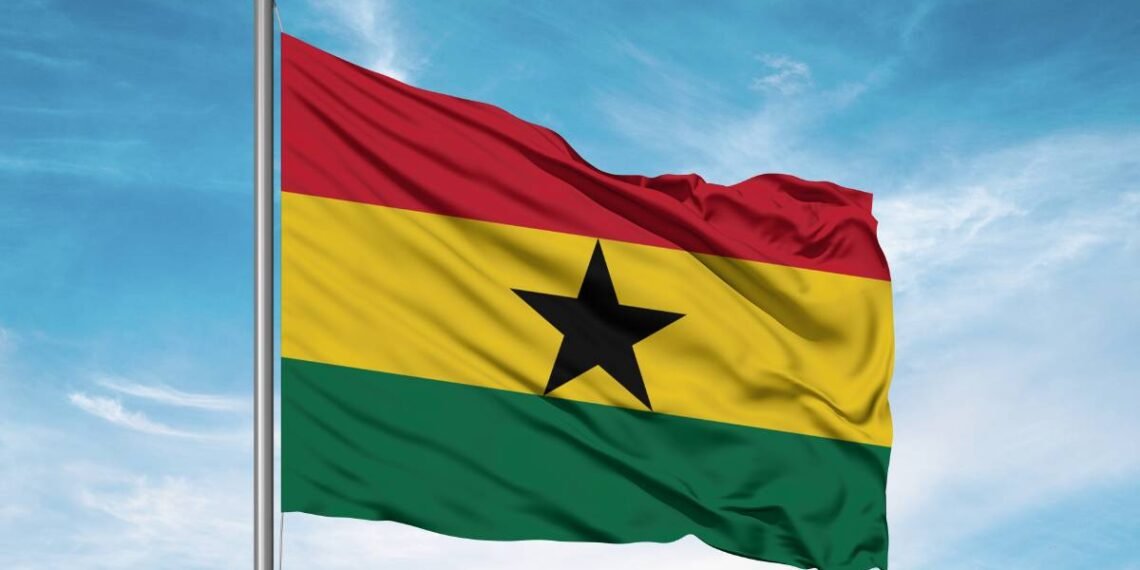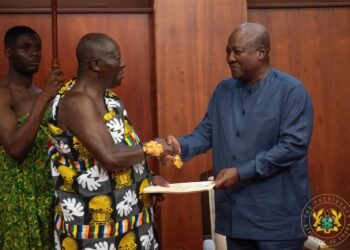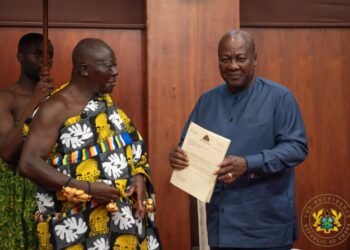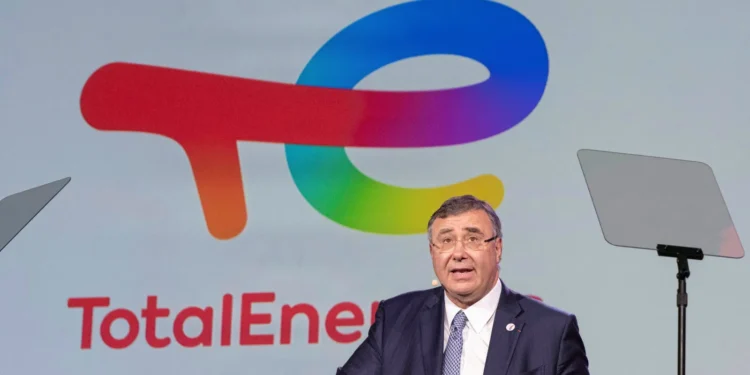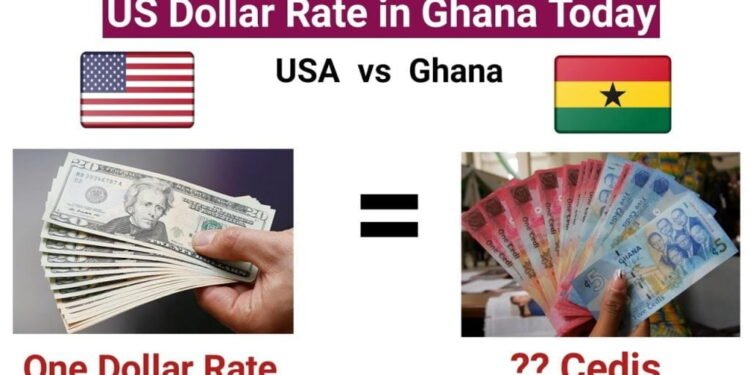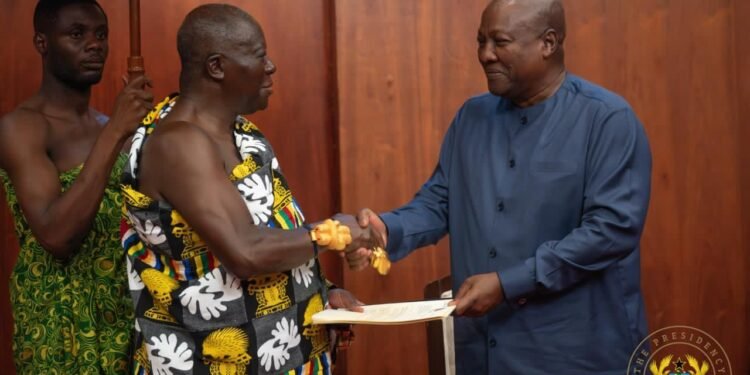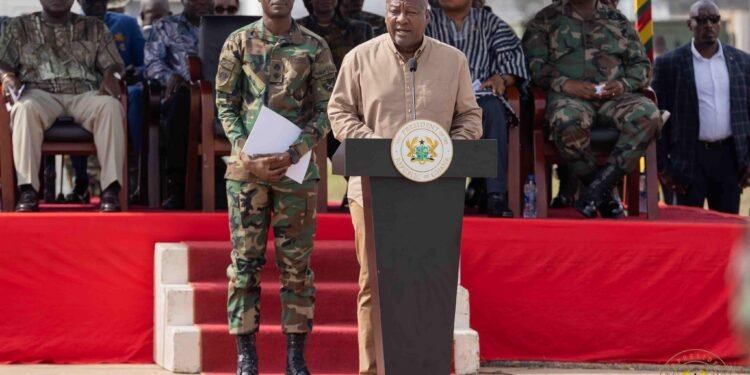Ghana’s diplomacy has come under scrutiny following recent decisions by the government that highlight the nation’s effort to balance compassion, security, and international relations.
According to the IMANI Center for Policy and Education, Ghana’s latest actions, accepting West African nationals deported from the United States, voting in favor of expanded Palestinian rights at the United Nations, and donating cocoa products to Gaza, reflect a combination of principle and pragmatism.
IMANI explained that each of these decisions sends a clear message about what Ghana aspires to represent on the global stage: a post-colonial nation committed to solidarity, a reliable regional partner willing to shoulder collective responsibility, and a small state that continues to make its voice heard internationally.
However, these actions also expose underlying tensions between humanitarian compassion, national security concerns, and the diplomatic costs associated with such policies.
“When Ghana agreed to accept deported West Africans, the government framed the move as an act of Pan‑African responsibility built on ECOWAS norms. It said the reception was temporary and conditional, but the decision quickly raised practical questions about vetting, parliamentary oversight, and the costs of hosting people who are not Ghanaian citizens.”
IMANI Center for Policy and Education

IMANI noted that migration diplomacy has become increasingly complex in today’s interconnected world. “The episode makes clear that migration diplomacy now combines consular care, regional burden-sharing, and pressure from larger countries seeking third-country options.”
In other words, Ghana’s gesture was not only a humanitarian response but also a delicate negotiation involving domestic politics, regional obligations, and external diplomatic pressures.
Ghana’s Symbolic Gestures On The World Stage
Ghana’s “Yes” vote at the UN in support of expanded Palestinian rights also fits into this complex narrative.
IMANI highlighted that this move was deeply rooted in Ghana’s historical support for decolonization and multilateral problem-solving.
However, it was more than a symbolic stance. The vote was a calculated act designed to resonate with both domestic audiences and the broader Global South.
“It [the vote] reassured domestic and Global South audiences while exposing Accra to scrutiny from partners who prefer other approaches. In short, the vote did more than express a principle; it sent multiple signals about alliances, values, and the desire to keep options open.”
IMANI Center for Policy and Education
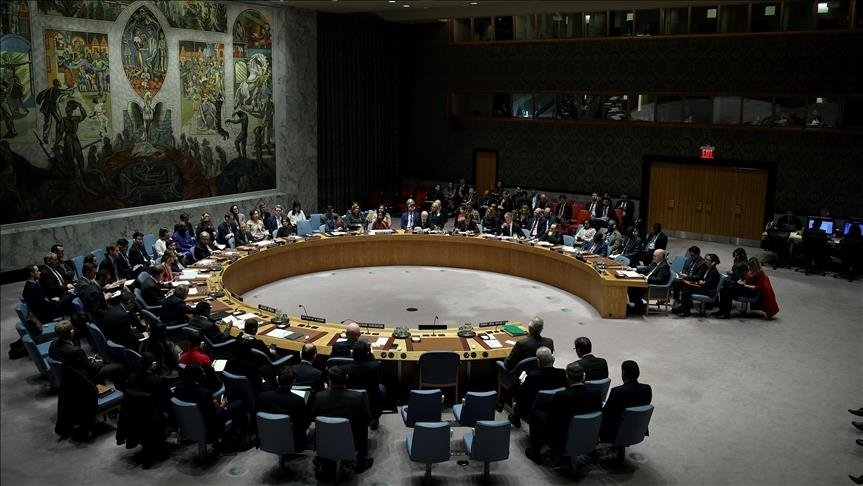
IMANI stressed that this is an example of how symbolic diplomacy can carry tangible political risks.
Similarly, Ghana’s donation of 40 tonnes of cocoa products to Gaza was a highly symbolic humanitarian gesture that drew on the country’s reputation as a leading cocoa producer.
The donation sought to humanize the crisis in Gaza and engage both local and international audiences.
While the move generated significant public goodwill, IMANI observed a notable challenge: there was no clear evidence confirming whether the donation successfully reached its intended recipients in Gaza.
This gap highlighted the often stark difference between well-meaning humanitarian gestures and the realities of delivering aid in conflict zones.
Ghana’s Diplomacy Needs Institutional Strengthening
According to IMANI, these actions together reflect a form of “principled flexibility.” Ghana is attempting to maintain its historic norms of solidarity and humanitarianism while simultaneously creating space to adjust policies based on evolving circumstances.
Conditional acceptance of deportees, careful voting decisions, and symbolic aid donations are all part of this nuanced diplomatic strategy.
However, IMANI cautioned that this approach also reveals institutional weaknesses.

The reliance on ad hoc executive decisions without a strong legal and procedural framework risks undermining the sustainability of Ghana’s diplomatic actions.
Stronger parliamentary oversight, clearer interagency coordination, and transparent legal rules are necessary to ensure these policies are both effective and accountable.
As the international landscape grows more complicated, with great-power competition intensifying and new security threats emerging, Ghana cannot depend solely on symbolic statements or one-time humanitarian acts.
IMANI emphasized that if Ghana is to maintain credibility, its diplomacy must be backed by real capacity.
This includes stronger consular services, more efficient humanitarian logistics, and clearer communication strategies to keep both domestic and international stakeholders informed.
Recommendations For Lasting Impact
IMANI offered several practical steps to strengthen Ghana’s diplomatic framework. The think tank suggested implementing time-bound agreements with exit clauses to prevent open-ended commitments that could strain national resources.

Faster parliamentary briefings and reviews would enhance transparency and accountability, while partnerships with UN agencies or trusted NGOs could ensure that donations reach their intended recipients before they are publicized.
“These measures would link moral commitments to real capacity, protect national interests, and keep Ghana’s voice credible on the regional and global stage.”
IMANI Center for Policy and Education
IMANI concluded that Ghana has a rare opportunity to transform its symbolic leadership into tangible influence.
This will require deliberate planning, institutional strengthening, and a willingness to confront the complexities of modern diplomacy.
If these steps are taken, Ghana’s actions, from migration diplomacy to humanitarian aid, could become a model for other small states navigating today’s turbulent international arena.
READ ALSO: Khamenei Rejects Direct Talks With US Over His Country’s Nuclear Program

